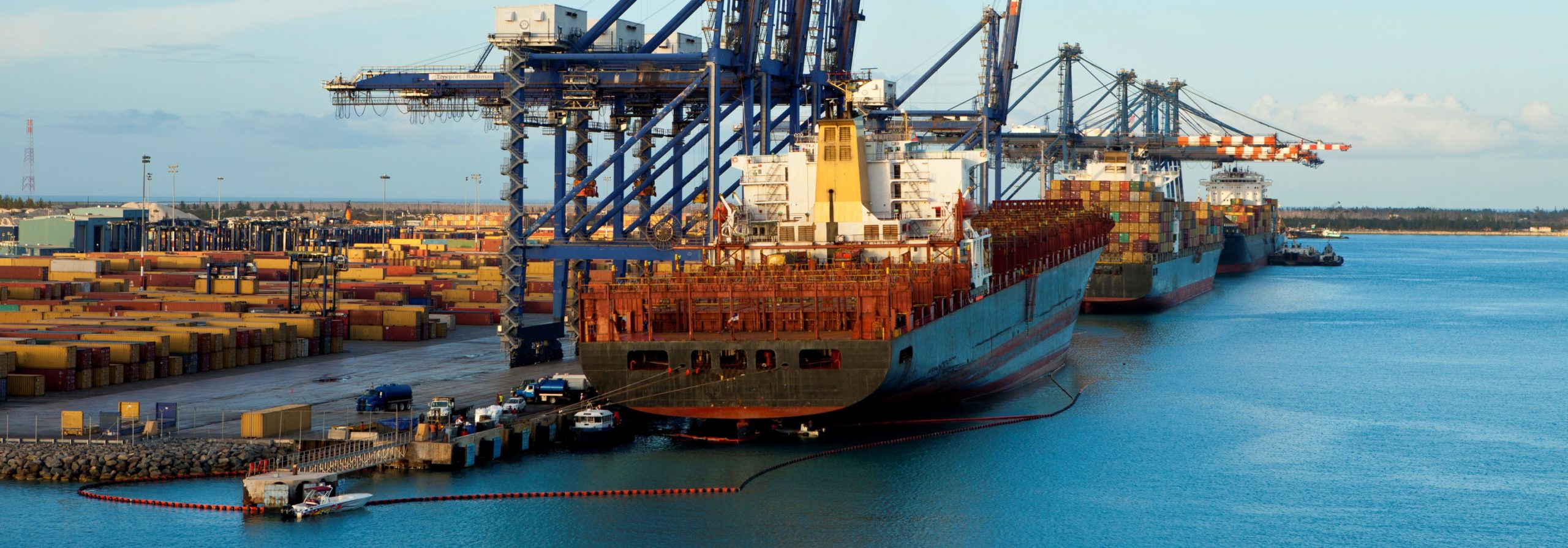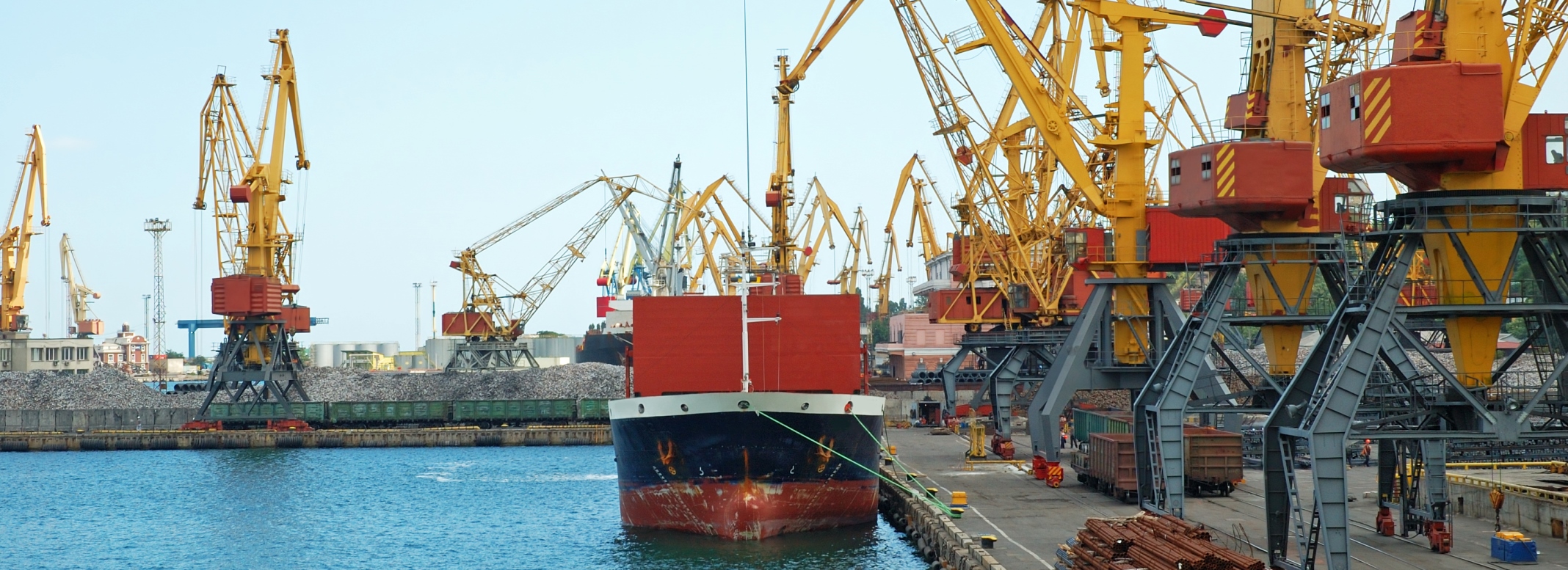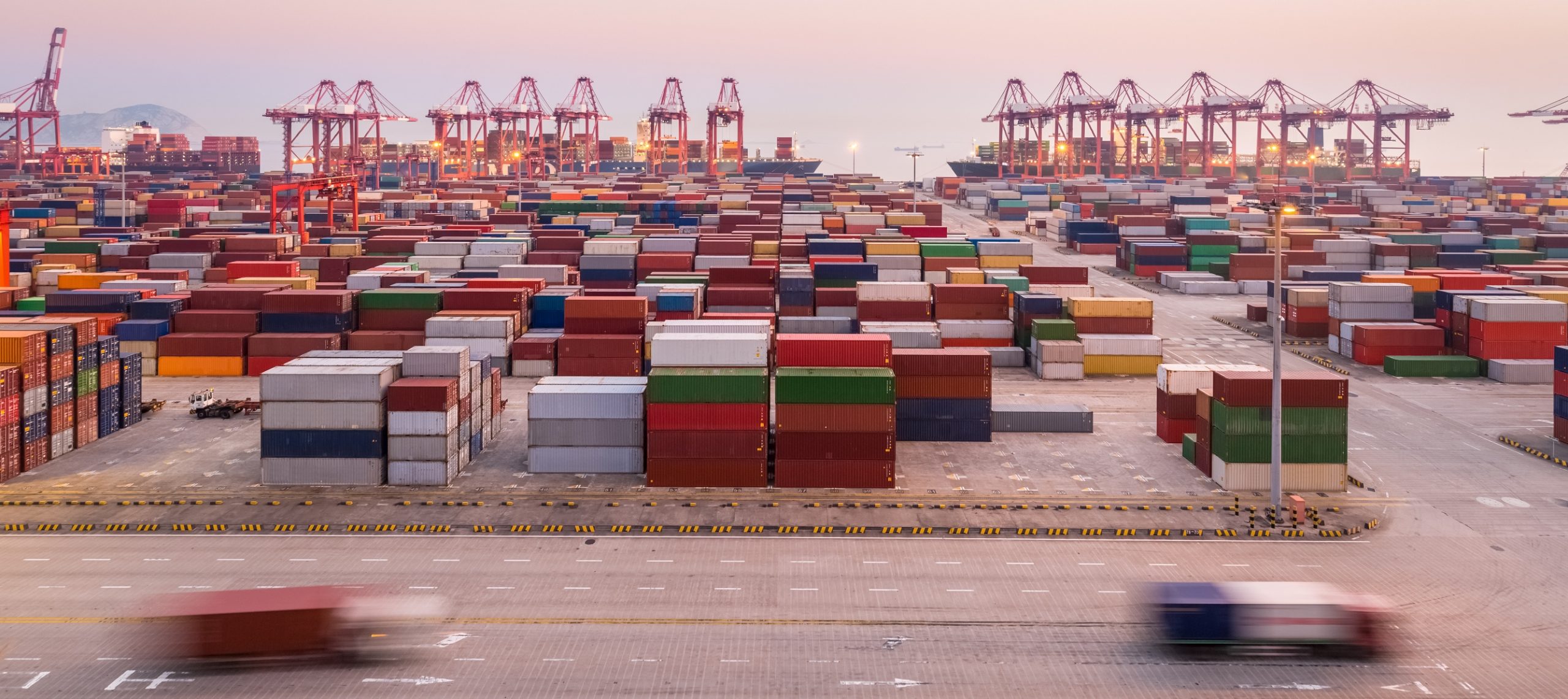
Payment of taxes on personal imports
Value Added Tax (VAT), purchase tax and customs duties apply to some instances of personal import of products to Israel.
What is purchase tax? Certain products are defined by law in Israel as being subject to indirect consumption tax, in order to encourage purchases from local industry. The tax cost is calculated on the basis of the product’s retail price, and the amount varies according to the type of product.
What is meant by payment of customs duties? This refers to the payment of a tax imposed on merchandise and goods.
When do I need to pay tax on personal imports?
- Tax exempt: when the value of the products (apart from alcohol and tobacco) in the same shipment do not exceed US$ 75. The cost of shipping and insurance are not factored in the tax, and they are calculated separately from the cost of the product.
- Payment of VAT and purchase tax (as applicable) – when the value of the products in the same shipment range from US$ 75 to US$ 500. The check to determine whether the goods are subject to tax is based on the value of the goods only, provided that it is separate from the cost of shipping and insurance. However, when tax does apply, the tax cost is calculated on the basis of the product’s value plus shipping and insurance fees.
- Payment of VAT, customs duties and purchase tax (as applicable): when the value of the products in the same shipment range from US$ 500 to US$ 1000. The tax cost is calculated on the basis of the value of the package plus shipping and insurance fees
- Payment of VAT, customs duties and purchase tax (as applicable) as per commercial imports: for shipments of tobacco and alcohol products or when the value of the products in the same shipment exceeds US$ 1000.
We have summarized the import taxes for you in the following table:
| What calculation of the tax is based on | Customs duties | Purchase tax | VAT | Purchase amount |
|---|---|---|---|---|
| Value of the package only | Exempt | Exempt | Exempt | An amount that does not exceed US$ 75 |
| Value of the package only | Exempt | Taxable (as applicable) | Taxable | 75$ – 500$ |
| The value of the package plus shipping and insurance fees | Taxable | Taxable (as applicable) | Taxable | 501$ – 1000$ |
| The value of the package plus shipping and insurance fees as for commercial imports | Taxable | Taxable (as applicable) | Taxable | Over US$ 1000 or tobacco and alcohol |
The small print
- Two or more packages sent from the same supplier to the same customer within 72 hours will be considered one shipment that was split, and import taxes will be calculated on the basis of the total value of all the packages combined.
- Shipping and insurance costs are added to the value of the product for tax purposes, and the taxes are calculated for them as well.
Determining the value of a shipment
Customs regulations in Israel define the worth of a personal import as the sum total paid for the product ordered plus the related services (insurance and shipping fees).
VAT and the taxes payable on shipments are calculated by Customs on a CIF basis.
In calculating the cost for customs purposes (CIF), three details are taken into account:
- The product Cost
- Insurance
- Cost of transportation (Freight)
More articles on the subject ...


The Israeli Economy An Overview
This is Israel Territory22,072 km² (ranked 154th) Official LanguageHebrew (Arabic as a recognized language with a special status) CurrencyIsraeli Shekel (1USD- 3.47 ILS*) CapitalJerusalem Geography Located


The global recovery is strong but imbalanced
Output in most OECD countries has now surpassed its late-2019 level and is converging on its pre-pandemic path but lower-income economies, particularly those where vaccination


Israel Economic Snapshot
Economic Forecast Summary (December 2021) Economic activity rebounded strongly in 2021 and GDP is projected to grow robustly by 6.3% in 2021, 4.9% in 2022 and 4% in 2023.


The Drivers of Supply Chain Resilience
The pandemic has shown the vitality of supply chain resilience. Dr Yueh explains what trends should be considered going forward in building back supply chains


Making trade work for all
In the wake of uncertainty and tensions in the trading system today, alongside heightened public concerns about globalisation, open trade is under threat.

























